



The Hub has 16 members
across the globe
 Argentina
Argentina
 Australia
Australia
 Brazil
Brazil
 Canada
Canada
 People’s Republic of China
People’s Republic of China
 Denmark
Denmark
 European Commission
European Commission
 France
France
 Germany
Germany
 Japan
Japan
 Republic of Korea
Republic of Korea
 Luxembourg
Luxembourg
 Russian Federation
Russian Federation
 Saudi Arabia
Saudi Arabia
 United Kingdom
United Kingdom
 United States
United States
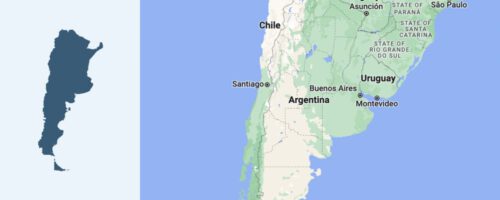
Argentina is the second-largest country in South America by land area and the fourth-largest lithium producer. The government has implemented wide-ranging energy efficiency policies in industry, transport and buildings.
While 26% of Argentina’s power generation comes from hydropower, wind, and solar, the country is also rich in oil and gas.
Standards and labelling programmes for key appliances are in place and buildings constructed with national funds must meet energy performance standards.
Argentina is represented on the Hub’s Steering Committee by the Secretaría de Energía under the Ministry of Economy, participates in several Task Groups, and contributes to the Hub’s Policy Exchange Workshops.
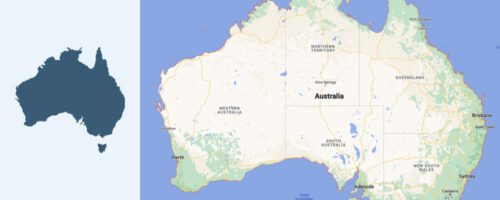
Australia is among the world’s largest countries by land area, with abundant fossil and renewable energy resources. The country has enacted extensive energy efficiency policies in multiple sectors.
Australia has abundant energy resources, and while oil products account for more than half of total energy consumption, the country is transforming its energy sector while fostering reliability and security of supply.
Energy performance standards for buildings and appliances are supported through a variety of programmes such as grants for businesses. Policies vary across states, with some pursuing net-zero objectives.
Australia is represented by the Department of Climate Change, Energy, the Environment and Water. It participates in several Task Groups as well as in the Hub’s Policy Exchange Workshops.
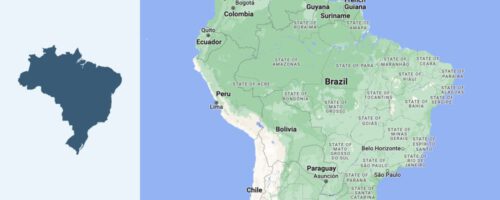
Brazil is the fifth-largest country in the world by area and the largest energy consumer in South America. It has long-standing national energy efficiency policies, including utility-funded programmes for consumers and appliance energy standards and labels.
Renewables meet 45% of Brazil’s primary energy demand, making the energy sector one of the least carbon-intensive in the world. Hydropower accounts for around 80% of electricity generation.
Key policy mechanisms include building codes, standards for space cooling equipment and measures promoting energy management systems.
Brazil is represented on the Hub’s Steering Committee by the Ministério de Minas e Energia, participates in all Task Groups, and contributes to the Hub’s Policy Exchange Workshops.
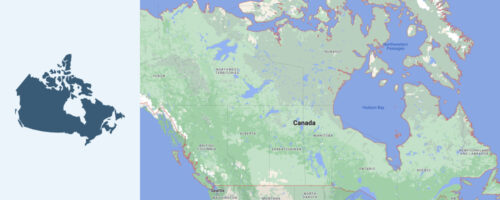
Canada is the second-largest country in the world in area and has an abundance of energy resources. An ambitious national clean energy agenda aims to cut greenhouse gas emissions by 40-45% by 2030, compared to 2005.
With robust reserves of oil and natural gas, Canada is an energy exporter. Sectoral energy demand is divided roughly equally between industry, transport, and buildings. Oil supplies nearly half of the nation’s energy consumption, followed by natural gas and electricity.
The country’s policy measures include, among others, a plan to transform the buildings sector through updated building codes and funding for new energy-efficient buildings.
Canada is represented on the Hub’s Steering Committee by Natural Resources Canada, participates in several Task Groups, and participates in the Hub’s Policy Exchange Workshops.
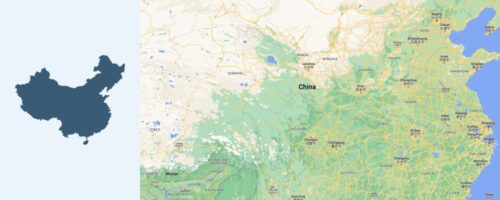
China is the world’s most populous country currently and fourth-largest in area. To reconcile energy and development goals, it is developing clean energy and has vigorously pursued energy efficiency policies for several decades.
China aims to transition its economy to a less carbon- and energy-intensive model. While coal and oil dominate energy supply, policies emphasise renewable and nuclear electricity and cleaner, efficient technologies.
The country has many energy efficiency programmes, including building, equipment and appliance energy performance standards and labels, and the Top 10,000 scheme requiring industrial firms to set targets for and invest in energy efficiency.
China is represented on the Hub’s Steering Committee by the National Development & Reform Commission, leads the TOP TENs Task Group, participates in several Task Groups, and contributes to the Hub’s Policy Exchange Workshops.
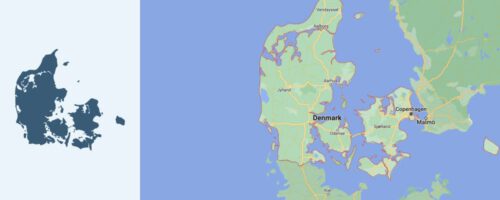
Denmark is small in area yet over 80% of its electricity is generated with domestic clean and renewable energy. The country has committed to achieving net-zero emissions by 2050 and has a comprehensive portfolio of energy efficiency policies alongside other decarbonisation measures.
Recently, Denmark has achieved a nearly equal balance of energy imports and exports. While the share of renewables is rising, fossil fuels still account for over half of primary energy.
The Danish Energy Agency and the Ministry of Energy, Utilities and Climate have implemented policies across all sectors, including an Energy Savings Obligation Scheme, which enables savings and trading of credits among 500 major energy entities.
Denmark is represented on the Hub’s Steering Committee by the Ministry of Energy, Utilities and Climate. It participates in the Digitalisation Working Group, and contributes to the Hub’s Policy Exchange Workshops.
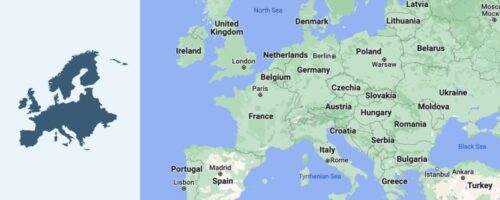
The European Union is made up of 27 member states, together constituting the second-largest economy in the world. The European Commission is its executive arm. The 2019 European Green Deal contains many energy efficiency measures and aims to make the European Union climate-neutral by 2050.
The European Union accounts for 12% of global energy consumption, with fossil fuels comprising 72% of the overall energy mix.
The EU’s Energy Efficiency Directive is the main EU-wide instrument that sets efficiency targets and obligations for member states. The Energy Performance of Buildings Directive promotes green buildings and drives efficiency renovation. The Energy Union Strategy puts energy efficiency first and ensures a collaborative approach among member states.
The Commission currently chairs the Hub and is represented by the Directorate-General for Energy . It co-leads the SEAD and EEB Task Groups, participates in other Task Groups, and contributes to the Hub’s Policy Exchange Workshops.
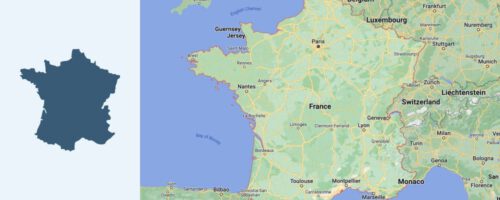
France has the second-largest economy in Europe and was an early leader in decarbonisation. Its energy policies are guided by the National Low-Carbon Strategy, which includes a range of energy efficiency measures.
France imports about half of its energy. Domestic energy production is largely decarbonised, with 79% from nuclear power and 17% from bioenergy, hydropower, wind and solar.
The country’s many energy efficiency measures include tax and loan schemes for building retrofits, the Heat Fund, and certificats d’économies d’énergie (CEE) to incentivise energy savings across the buildings, industry, and transport sectors.
France is represented on the Hub’s Steering Committee by the Ministry of Ecological Transition and Territorial Cohesion and participates in the Digitalisation Working Group as well as in the Hub’s Policy Exchange Workshops.
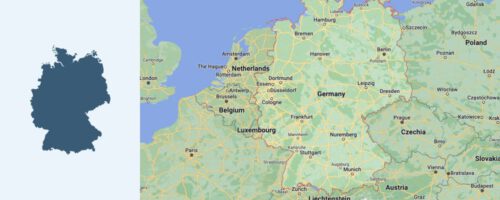
Germany has the largest economy in Europe, and is a leader in energy policy and technology. The government has implemented a wide variety of standards and initiatives promoting energy efficiency across all sectors.
Germany imports two-thirds of its energy, and while most energy is provided by fossil fuels, renewable energy sources are rapidly becoming a larger share.
The national strategy for transitioning to a low-carbon economy, Energiewende, includes many energy efficiency measures, such as requiring large companies to conduct energy audits and enacting energy-efficient standards for appliances and buildings.
Germany is represented on the Hub’s Steering Committee by the Federal Ministry for Economic Affairs and Climate Action, participates in all Task Groups, and contributes to the Hub’s Policy Exchange Workshops.
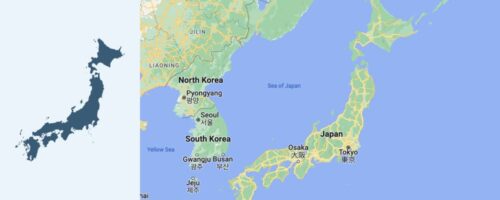
Japan is an island country with the third-largest economy in the world. It relies heavily on imports of fossil fuels, has a high share of nuclear power in its electricity mix, and has been a global leader in energy efficiency for decades.
In recent years, Japan has become increasingly reliant on imports of oil, coal, and natural gas, which together account for 88% of Japan’s energy consumption.
The country has long-standing national policies and measures to foster energy efficiency. These include voluntary actions for industry (like the Top Runner Programme), vehicles and appliances. Standards are in place for products, vehicles, and industrial sectors.
Japan is represented on the Hub’s Steering Committee by the Ministry of Economy, Trade and Industry, leads the EMAK Task Group, participates in all Task Groups, and contributes to the Hub’s Policy Exchange Workshops.
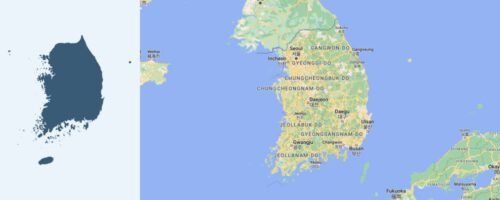
Korea is one of the most economically developed nations in East Asia. The government has announced policies that would significantly accelerate energy efficiency improvements.
Korea depends on fossil fuel imports, which account for 85% of the country’s total energy supply. Policies aim to significantly improve energy efficiency and the share of renewable electricity, while gradually phasing out coal and nuclear power.
The Green New Deal and Energy Master Plan are key legislations aimed at supporting the energy transition. The Energy Efficiency Innovation Strategy supports deployment of information and communication technologies, energy management systems, intelligent transport systems and virtual power plants.
Korea is represented on the Hub’s Steering Committee by the Korean Energy Agency, participates in several Task Groups, and contributes to the Hub’s Policy Exchange Workshops.
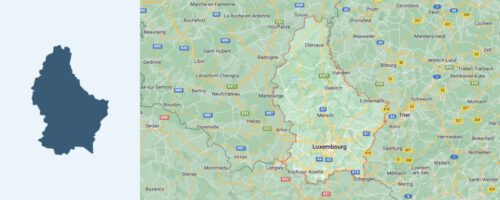
Luxembourg has a population of 647,000 and it is heavily dependent on energy imports. The country has an ambitious clean energy agenda, including a number of energy efficiency measures.
Luxembourg imports 95% of its energy, and fossil fuels account for about 80% of final energy consumed. Oil is the primary fuel for transport and space heating of buildings, closely followed by natural gas.
The country’s energy policy aims to respond to climate and environmental challenges and to guarantee energy supply security. Energy targets include reaching zero carbon emissions by 2050, and programmes include financial support for building renovation.
Luxembourg is represented on the Hub’s Steering Committee by the permanent representative of Luxembourg to the European Union and participates in the Hub’s Policy Exchange Workshops.
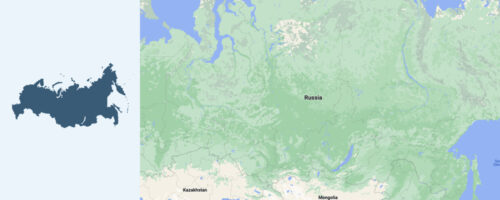
Russia, stretching across Europe and Asia, is the world’s largest country by size and a leading global exporter of energy. The country’s Energy Agency is responsible for the country’s energy efficiency policy measures.
Russia is the world’s second-largest producer of natural gas and its largest exporter, and a leading oil exporter.
The country has created a legal and institutional framework to enhance efficient energy use. The Energy Strategy of Russia, adopted in 2009 includes a number of regional energy efficiency measures.
Russia participates in Task Groups and in the Hub’s Policy Exchange Workshops.
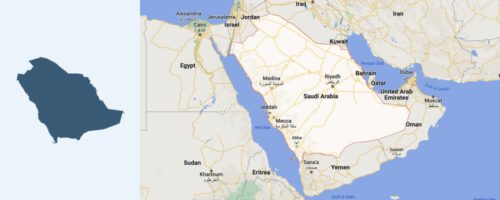
Saudi Arabia is the largest country in the Middle East and the world’s largest exporter of oil. The Saudi Energy Efficiency Center (SEEC) was established to accelerate energy efficiency uptake in industry, buildings and transport.
Saudi Arabia holds 15% of the world’s oil reserves. While oil accounts for 62% of energy consumption, national policies promote development of renewable energy supplies.
The SEEC’s major initiative is the National Energy Efficiency Programme (NEEP), which was launched in 2012 and includes policies such as public awareness campaigns, higher standards for heating and cooling equipment and stricter building energy performance requirements.
The Kingdom is represented on the Hub’s Steering Committee by the Ministry of Energy, Industry and Mineral Resources. It participates in the SEAD Task Group and contributes to the Hub’s Policy Exchange Workshops.
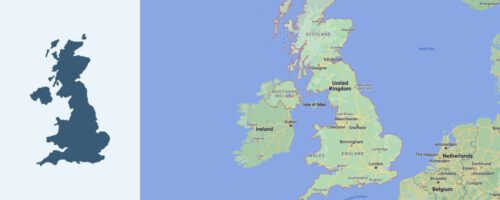
The United Kingdom is a leading economic power in Europe and an advocate of decarbonisation. Energy efficiency policies are key to attaining its ambitious goal of net zero GHG emissions by 2050.
The UK imports much of its energy supply, which is dominated by natural gas and oil. Policies promote domestic renewable energy as well.
Energy performance ratings are in force for both residential and commercial buildings, and voluntary and mandatory efficiency schemes are in place for industry. The UK led the 2021 Product Efficiency Call to Action, the largest global initiative to raise product energy efficiency, co-ordinated by the Super-efficient Equipment Appliance Deployment (SEAD) Initiative.
The UK is represented on the Hub’s Steering Committee by the Department for Business, Energy and Industrial Strategy (BEIS), co-leads SEAD, and participates in the Hub’s Policy Exchange Workshops.
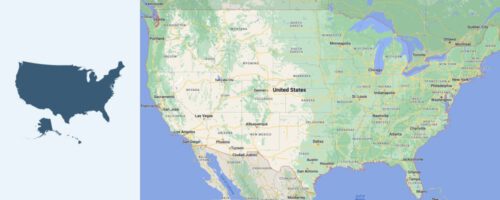
The United States is the world’s largest economy and a top energy producer and consumer. Policies have fostered action on energy efficiency, most recently via the 2022 Bipartisan Infrastructure Law and Inflation Reduction Act.
The US has become a net energy exporter due to advances in oil and gas extraction. Fossil fuels dominate US energy supply, although significant shares of electricity are supplied by nuclear, hydropower and, increasingly, wind and solar power.
Numerous federal, state and local government agencies are responsible for a great variety of policies and measures to promote energy efficiency. Key tools include financial incentives, minimum energy performance standards and labels for appliances and equipment.
The United States is represented on the Hub’s Steering Committee by the Department of Energy, leads the Digitalisation Working Group, and contributes to the Hub’s Policy Exchange Workshops.

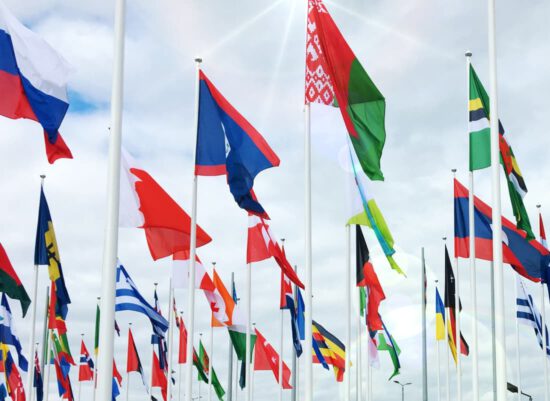
Becoming a Member
Membership presents an opportunity for governments to learn from each other about how to design and implement energy efficiency policies to overcome common challenges.
The Hub offers informal work processes, fast moving, lively online exchanges, and the opportunity to interact with energy efficiency policy experts. Hub discussions are topical and apolitical with a focus on what works from a technical and policy perspective.
*All collaborations take place in English.
Membership is open to participation by national governments committed to fostering government-to-government collaboration to enhance energy efficiency work globally. IEA Members, IEA Association countries and Clean Energy Ministerial (CEM) Members are eligible to join the Energy Efficiency Hub.
If your government is interested in joining the Hub please contact us at: secretariat@energyefficiencyhub.org with your request.



